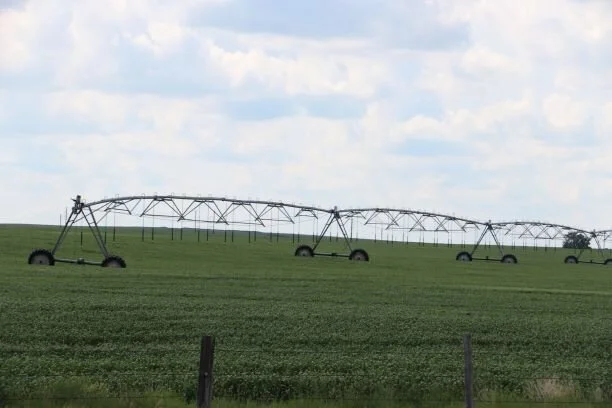The province’s Water Security Agency is continuing flood mitigation efforts in Saskatchewan, with renewed funding for ongoing flood mapping efforts in south and central Saskatchewan. More than $2 million has been earmarked in the 2023-24 budget as an investment into the agency’s Flood Hazard Identification Mapping Program. Through the program, the WSA conducts mapping and technical work to evaluate risk for communities identified to be in potential flooding zones. The purpose is to understand where protection or mitigation work is needed, to prevent significant harm from possible flood damage, according to the province.
COVID levels in Regina wastewater drop, but remain high: U of R
University of Regina researchers say the amount of SARS-CoV-2 circulating in the city's wastewater remains high, but is down from previous levels. The latest analysis for the week of Oct. 30 through Nov. 5 showed a mixture in COVID levels for the cities studied. Analysis of the City of Moose Jaw's wastewater shows an increase in virus, putting that city's COVID levels at a moderate-high level.
Water Security Agency Holds Open House Events For Lake Diefenbaker Irrigation Projects
The public is invited to take part in a couple of open house events this week to learn more about the Lake Diefenbaker Irrigation Projects. The 10 year multi-project is expected to provide a major boost for the Province's agriculture sector. Once completed, the Lake Diefenbaker Projects will provide over 500,000 acres of agricultural land in southern and central Saskatchewan with water. Patrick Boyle, the Executive Director of Communications with the Water Security Agency, says they are holding a couple of open house events this week so that people have a better understanding of the work that is being planned and the impact it will have for the areas.
Potential damage is being downplayed in latest Alberta oil pipeline leak
Less than two months after a spill at an oil pipeline dumped 900,000 litres of contaminated water–so called “produced water”–in northwestern Alberta, there’s been another spill in the oil-rich province. The latest spill, reported at 2 p.m on Christmas Day by a local landowner, occurred near Drayton Valley, a community about 130 kilometres southwest of Edmonton, the province’s capital city. Drayton Valley was the site of a spill–the result of a ruptured pipeline–that dumped 40,000 litres of crude oil into a local creek in August, 2019.
Pipeline spills about 400,000 litres, some enters North Saskatchewan River
Contaminated water that leaked from an oilfield pipeline on Christmas Day has entered the North Saskatchewan River but has had no detectable impact on it, says a spokesman for Calgary-based oil and gas producer ARC Resources Ltd. The spill was reported by a local landowner at about 2 p.m. last Friday, said Sean Calder, ARC's vice-president of production, in an interview on Tuesday. "We had guys on site within about an hour and then the pipeline was shut in by 4 p.m., I believe," he said.






